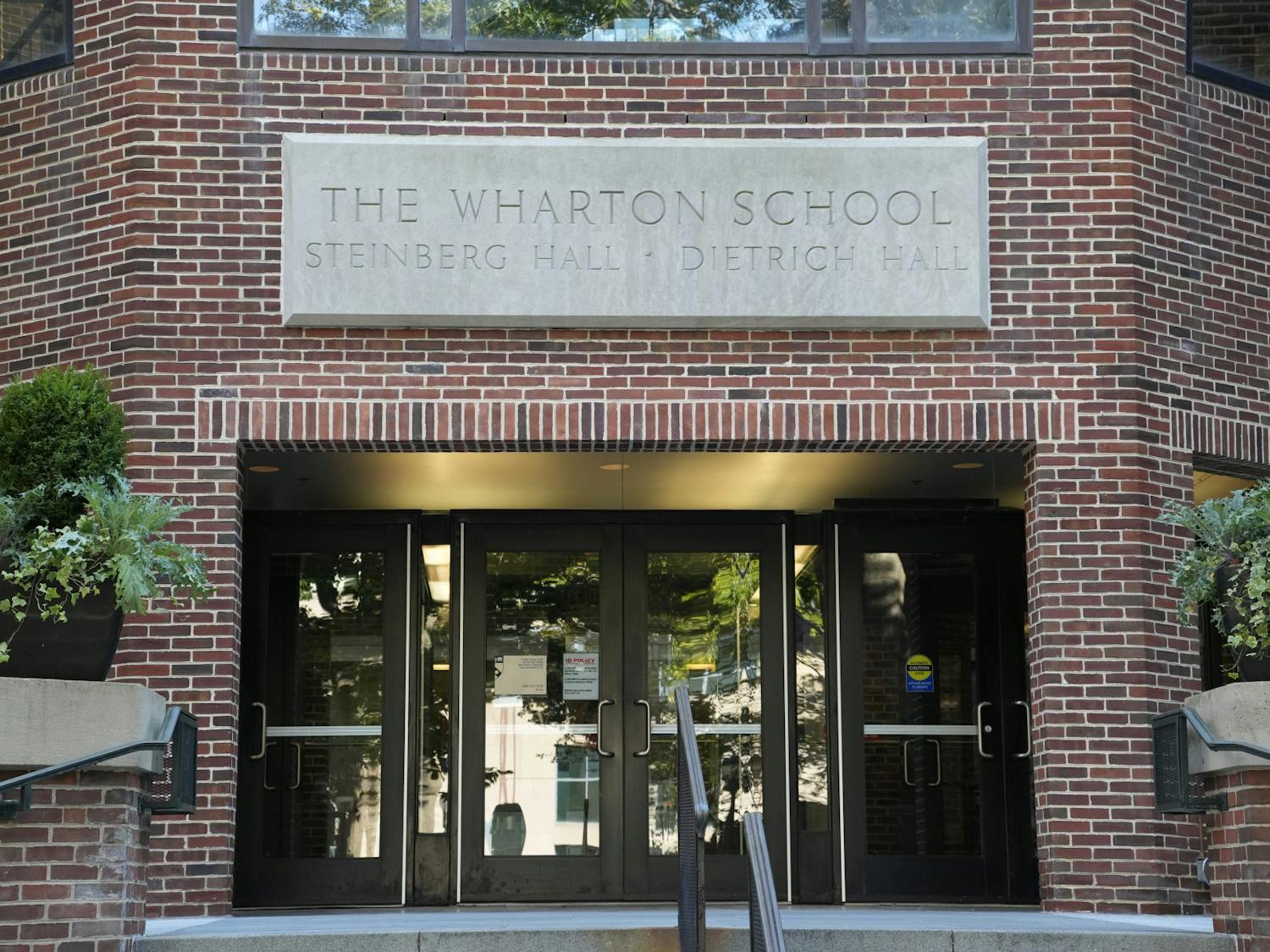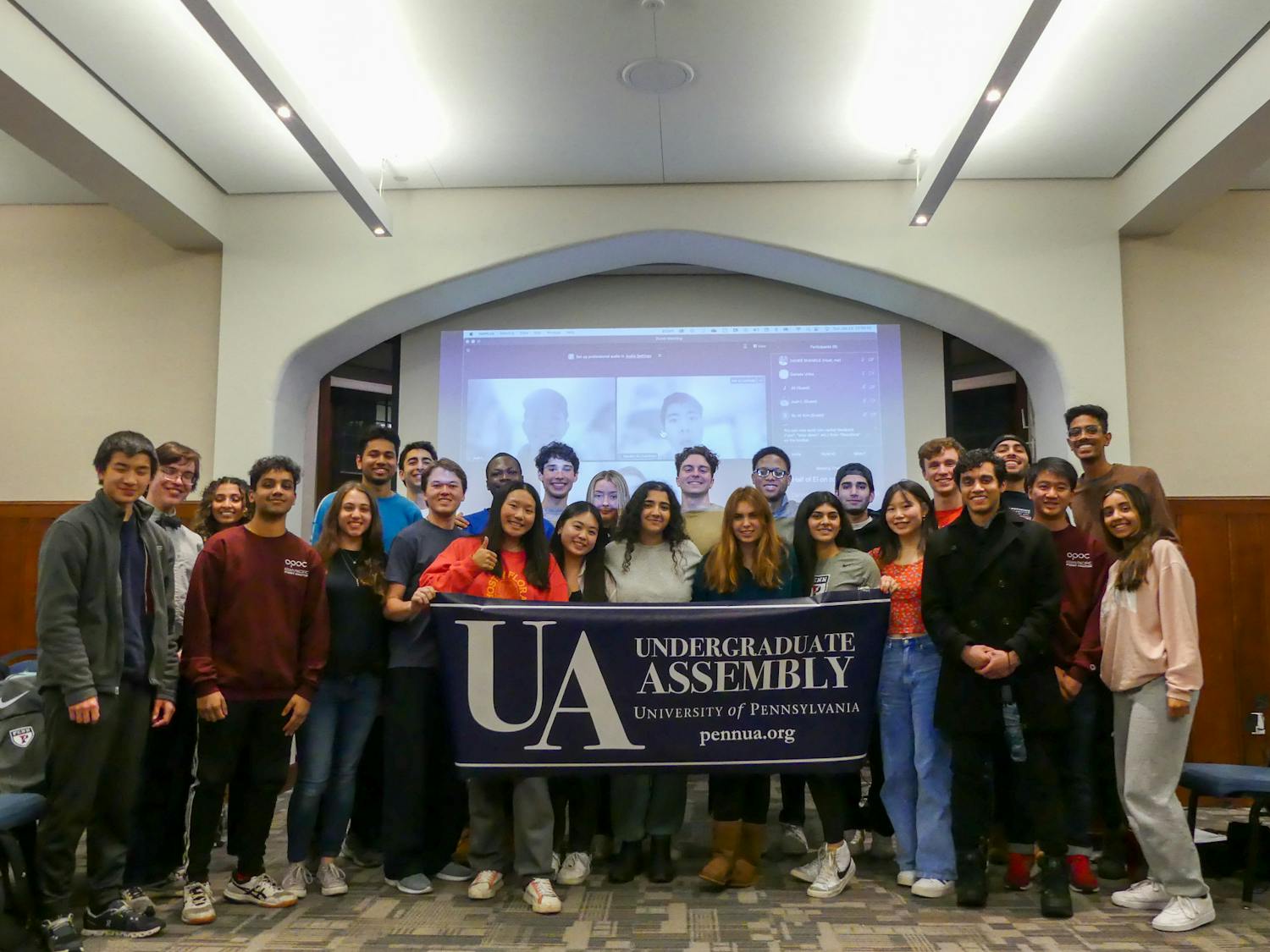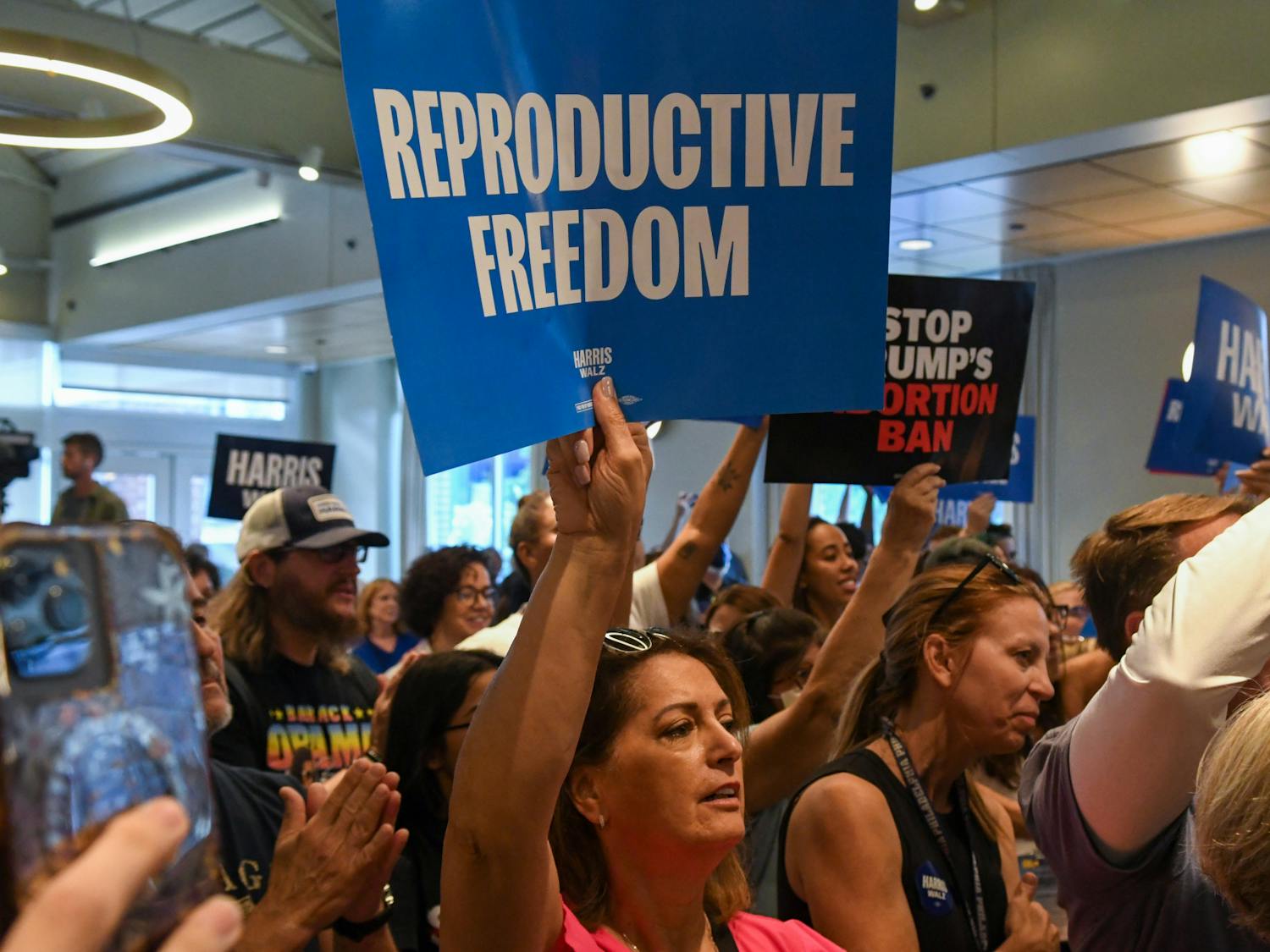As thousands of aging veterans and their family members stood, many with tears in their eyes, a shovel was pressed into the ground. The moment Friday marked the ceremonial beginning of construction on the national World War II Memorial, a long-awaited and much-deserved tribute to those who fought for freedom half a century ago. The Memorial is the culmination of over a decade of planning, a decade in which America recognized WWII as the turning point of this turbulent century. With movies like Saving Private Ryan and books like Tom Brokaw's The Greatest Generation, we adopted the war -- with its tragedy and ultimate triumph -- as our defining moment. But while it is only right that we memorialize our finest moment, we must also remember our darkest sin. Looking across the National Mall, with its circle of monuments that tells the story of America, the absence of a national memorial to slavery is glaring. Slavery played an enormous role in our country's history. Nothing that came before or after carries slavery's economic, political or social ramifications. Nothing has ever torn this country apart, whether it was North from South or black from white, like slavery did. While more than a century has passed since the last slave removed a chain from his ankle, that dark period in our history still affects race relations today. With every race-related shooting, every case of racial profiling and now with allegations that black voters were intimidated at Florida polls, one can see that relations between African Americans and the white majority are perpetually at a boiling point. Sometimes, as in the aftermath of the Rodney King case, they boil over. What this country needs is not silence over race relations nor shouting, which only serves to fan the flames. What we need is the "national dialogue on race" that President Clinton called for a few years ago. But every conversation needs a starting point, and a slavery memorial would be just that. A memorial would not be a national apology for slavery, something that has been discussed. The horror that was slavery wasn't a simple one and culpability cannot be defined between a white aggressor and a black victim. There were many whites who railed against slavery, and many blacks who were complicit in it. Laying blame through an apology would just serve to divide even more. Rather, the memorial would be akin to the Vietnam Veterans Memorial, which, after initial controversy, became a touchstone for a national reckoning with America's most divisive and disillusioning foreign war. Bringing together veterans and anti-war protesters, the Memorial became the most visited site on the Mall and began a decade in which America came to terms with Vietnam through a flood of movies, books and other memorials. It created the type of dialogue on Vietnam 20 years ago that is needed on race today. A slavery memorial could also emulate the National Holocaust Memorial Museum, which seeks to both memorialize and educate. The Museum sponsors a Center for Advanced Holocaust Studies, and a similar institute could be founded alongside a slavery memorial. But erecting a slavery memorial would be difficult. The head of Penn's Center for African American Studies, Michael Awkward, said that he knew of no efforts underway for such a memorial, something he found to be a "shame." "It's not easy for people to remember their wrongs. It's too painful," Awkward said. "It's much easier to remember our victories." To illustrate his point, Awkward pointed to the contrasting successes of two Steven Spielberg movies, Saving Private Ryan and Amistad. While Private Ryan was a cultural and box office success that played a large role in making the WWII Memorial a reality, Amistad, a movie involving the slave trade, did not have the same money-making power or lasting legacy. Also, looking at the success of Spielberg's Holocaust drama, Schindler's List, and the founding of the Holocaust Museum, it seems America has an easier time remembering the atrocities of a different land rather than its own. But to have true healing, we need to remember what happened here and not let the shadow of slavery be a stumbling block to a sincere and open dialogue on race. To start that dialogue, we need common ground -- a meeting place. And I can think of no better place than the National Mall.
The Daily Pennsylvanian is an independent, student-run newspaper. Please consider making a donation to support the coverage that shapes the University. Your generosity ensures a future of strong journalism at Penn.
DonateMore Like This
Malia Sanghvi | The (liberal) art of the deal
By
Malia Sanghvi
·
8 minutes ago
Piper Slinka-Petka | Path@Penn needs AI
By
Piper Slinka-Petka
·
2 hours ago
Penn Dems | Yes, you need to go vote
By
Penn Democrats
·
23 hours ago
Sophie Rivell | The compact Penn forgot about
By
Sophie Rivell
·
23 hours ago








